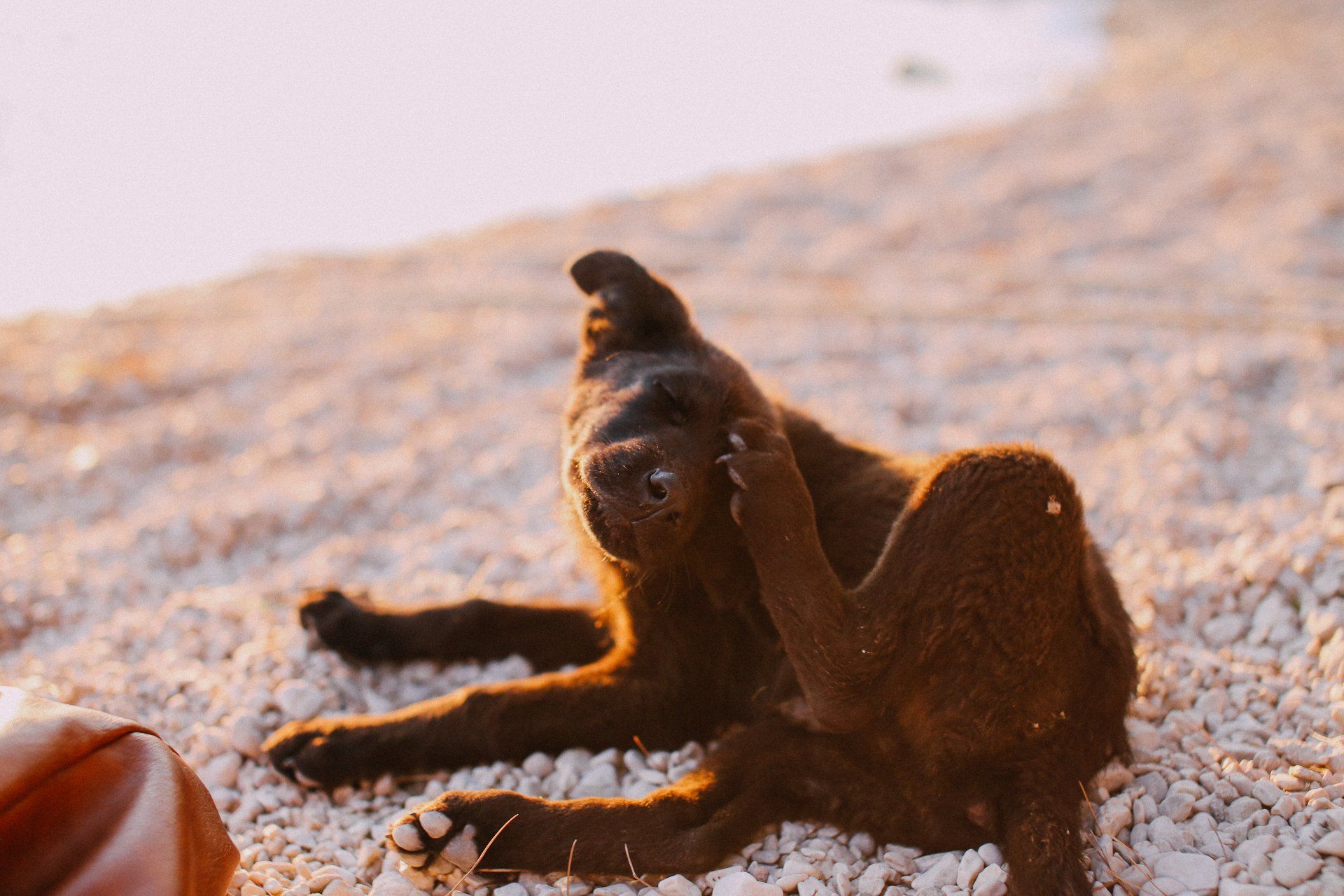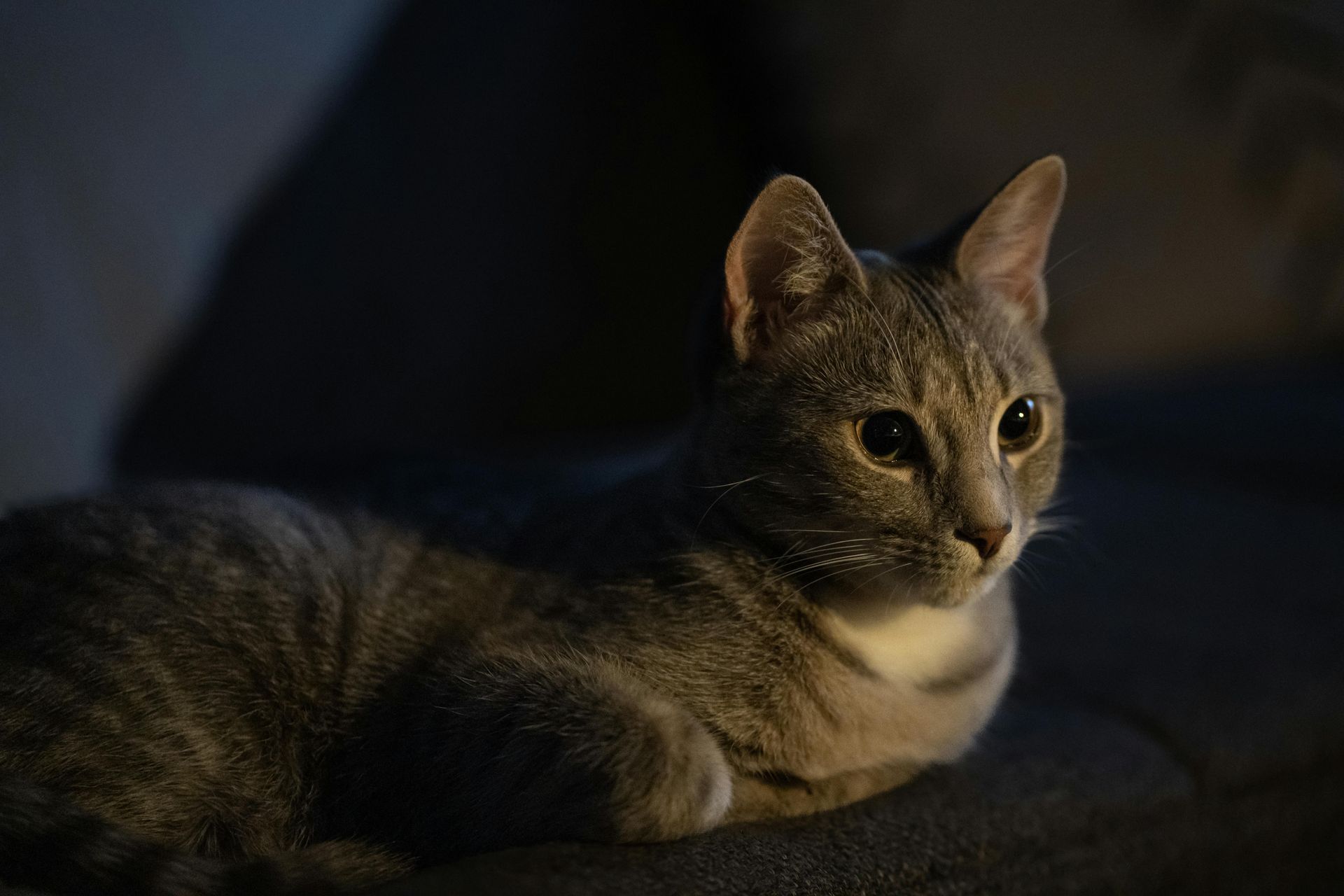Pet Health During the Holidays
Keeping Your Pet Healthy and Safe this Holiday Season
This time of year we all like to enjoy parties and gatherings with friends and family. Seville Wadsworth Veterinary Clinic is proud to align with the American Humane Association to educate pet owners about many holiday hazards. This particular article stresses things that a pet may eat during this time of year. We have another article that stresses some other Thanksgiving hazards , as well as some cold weather tips.
Candy and Sweets : Chocolate is a well known toxin, but did you know that one of the ingredients that is in a lot of sugarless gums is also highly toxic?
Christmas Tree Water . Be aware that there are some tree water preservatives and additives that are not pet friendly. Always read the label and look for pet friendly products. Better yet: limit access to the tree water altogether.
Batteries . Batteries are very common this time of year, with all the toys and devices that require their power. Believe it or not, this is also a common item that is ingested by pets. Adverse effects include acid burns and gastrointestinal upset. Some batteries may even block the intestinal tract all together, requiring surgical removal.
Car Antifreeze . Sweet, but deadly, animal exposure to antifreeze tends to increase during the cooler months. Keep all antifreeze away from pets at all times. It doesn’t take a lot to cause severe and permanent damage to the kidneys.
Medications . Always keep all prescriptions and over-the-counter drugs out of reach. Many of the common cold remedies can negatively affect our pets. Likewise, many common anti-inflammatory medications (Ibuprofen, Naproxen) can be toxic to pets.
Stringed Popcorn and Tinsel . These items are very tempting, especially to cats. The result of ingestion is often a linear foreign body, a blockage with the added risk of perforating the intestines.
Pretty plants : Here are some common holiday plants that can be harmful to your pet: poinsettias, holly, amaryllis, mistletoe, and pine needles. To avoid any risk, we encourage the use of fake plants that serve the same decorative purpose as the live ones.
Table food . It is never a good idea to feed human food to pets. Though it is tempting to share some mashed potatoes or turkey with our furry friends, even a small change in diet can mean huge problems. Diarrhea, vomiting and stomach pain are just a few issues that may arise. Poultry bones (For Turkeys, especially) pose a unique risk. These bones are hollow and splinter into pieces easily. This can lead to sharp pieces that poke through the intestines. Gravy is another food that we tend to love, but it is too fatty for most animals.
Edited by Dr. Jeffrey R. Fink.
*This article was adapted from DVM Magazine staff article entitled: "Advice for clients: what not to feed animals this holiday season" for Seville Wadsworth Veterinary Clinic by Robin Evans.












